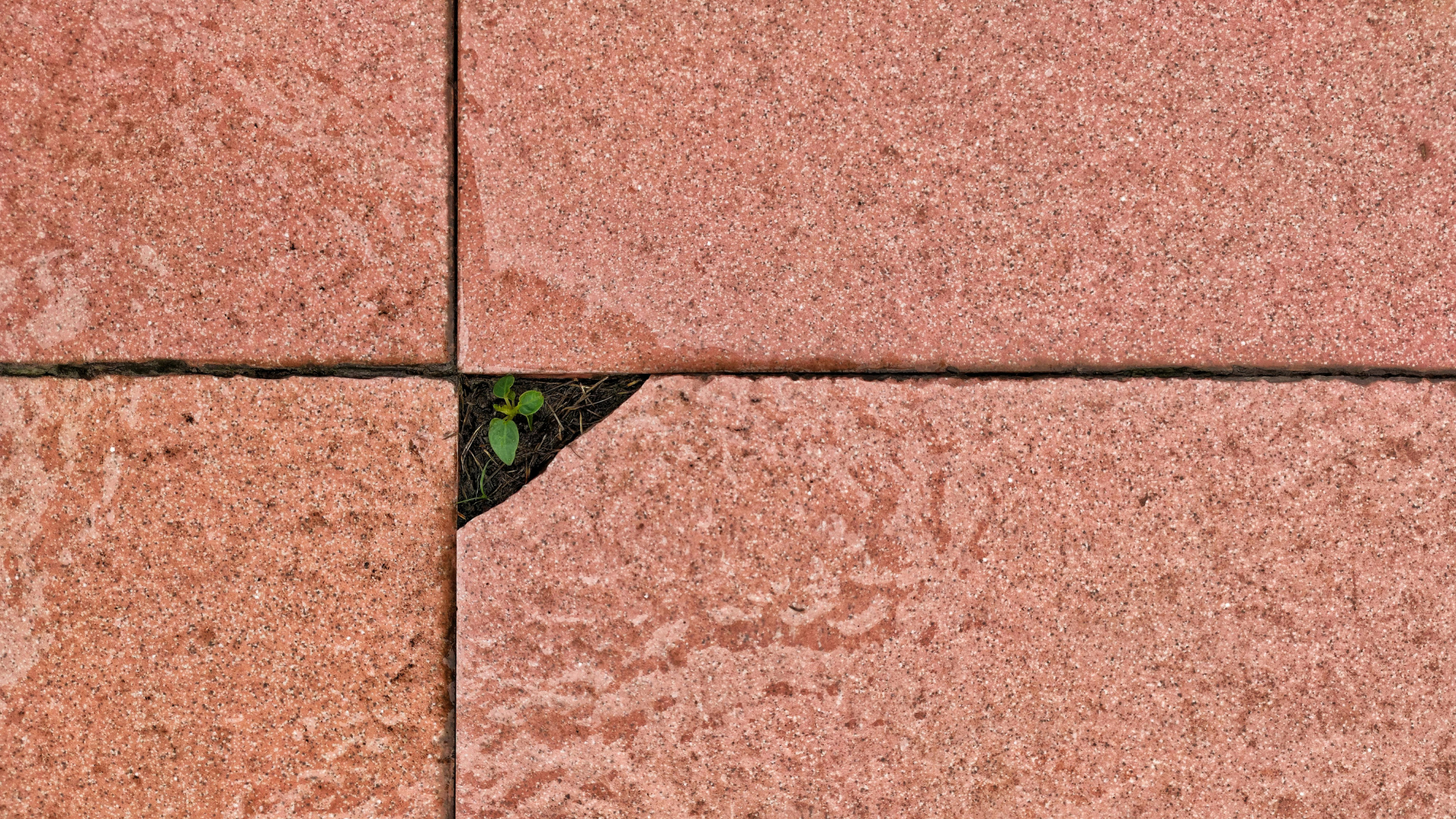10 Everyday Habits That Build Resilience at Work
Adapt, cope, and stay grounded
Resilience at work is often framed as something you need after a crisis. But in reality, it’s something you build every day, through small, consistent actions that strengthen your ability to adapt, cope, and stay grounded.
You don’t need to wait until burnout hits, a restructure is announced, or stress becomes unmanageable. You can start now, with habits that fit into your daily routine and help you protect your mental wellbeing in the long term.
Here are 10 everyday habits that build emotional and psychological resilience at work…no yoga mat or inspirational quote required.
Start the Day with Intention, Not Reaction
Before checking emails or diving into Slack, take a moment to ask yourself:
What matters most today?
Setting a simple intention helps anchor your focus and reduce reactivity. Even a 60-second pause before the chaos begins can create clarity.
Try: Writing down your top 3 priorities before opening your inbox.
Take Real Breaks (Yes, Away from Your Desk)
Micro-recoveries matter. The brain is not designed for constant, uninterrupted focus.
Stepping away from your screen, even for five minutes, allows your nervous system to reset.
Try: A walk around the block, stretching by a window, or eating lunch without your phone.
Learn the Skill of ‘Cognitive Reframing’
When stress hits, our brains can jump to worst-case scenarios. Reframing is the ability to pause and pivot your perspective.
Instead of: “This project is a mess – I’m failing.”
Try: “This is tough, but I’ve handled challenges before. What’s my next step?”
Reframing doesn’t deny difficulty, it restores a sense of agency.
Stay Hydrated and Fed – Seriously
It might sound basic, but dehydration and low blood sugar are silent saboteurs of resilience. They increase irritability, reduce cognitive flexibility, and amplify emotional reactivity.
Try: Setting reminders for water and regular meals, especially on meeting-heavy days.
Notice Your Stress Signals Early
Resilience isn’t about pushing through, it’s about noticing when you’re being pushed too far.
Learn your early warning signs:
- Head tension?
- Snappiness?
- Loss of focus?
These are signals, not weaknesses. Respond early.
Try: A “stress scan” check-in before lunch. Ask: Where am I holding tension? What do I need right now?
Protect Your Boundaries Like Your Work Depends on It (Because It Does)
Boundaries aren’t about saying no to others, they’re about saying yes to your capacity. This includes:
- Logging off when your day ends
- Saying “I’ll need to get back to you on that” instead of committing instantly
- Blocking time for deep work, and defending it
Boundaries aren’t selfish. They’re what make sustainable effort possible.
Connect , Don’t Just Communicate
Strong social connections are one of the most powerful predictors of resilience. A 2-minute chat about last night’s telly can reduce stress more effectively than a mindfulness app.
Try: One real moment of connection a day, not about work, not via email.
Especially in hybrid settings, we need to intentionally humanise the workplace.
Keep a Wins Journal (Even If It’s Tiny)
Your brain is wired to focus on threats. Counteract this by making micro-successes more visible.
Did you speak up in a meeting? Finish something hard? Set a boundary?
Write it down. Review it weekly.
Over time, this builds self-efficacy, a belief in your ability to cope and create change.
Decompress, Don’t Just Switch Tasks
Jumping from Zoom call to client email to Slack message with no pause creates cognitive residue, and increases mental fatigue.
Even a 30-second pause between tasks helps your brain clear space.
Try: One deep breath, a stretch, or a cup of tea between transitions.
That pause is a resilience booster, not a luxury.
Normalise Self-Compassion, Not Just Productivity
You will have off days. You will make mistakes. You’ll drop the ball sometimes and that’s okay.
Resilience isn’t perfection. It’s how you treat yourself in the aftermath.
Practice speaking to yourself like a friend:
“That didn’t go how I planned, but I’m still doing my best.”
Self-compassion reduces burnout and increases motivation far more effectively than self-criticism.
Why These Habits Matter More Than You Think
None of these habits will prevent all stress. But they do build capacity, so when stress comes (and it will), you have the internal scaffolding to stay upright.
At PsycApps, we believe resilience isn’t about bouncing back after collapse, it’s about staying well enough to keep going with integrity, energy, and care.
Our CPD-certified Resilience Development Programme helps individuals and teams turn these habits into sustainable skills, because daily decisions shape long-term outcomes.
Start Small, Stay Steady
You don’t need to overhaul your entire routine. Pick one habit and build from there. Resilience grows through repetition, not revolution.
And if today wasn’t your most resilient day, that’s okay. You get another chance tomorrow.
Explore our CPD-Certified Resilience Development Programme to start your journey today.


